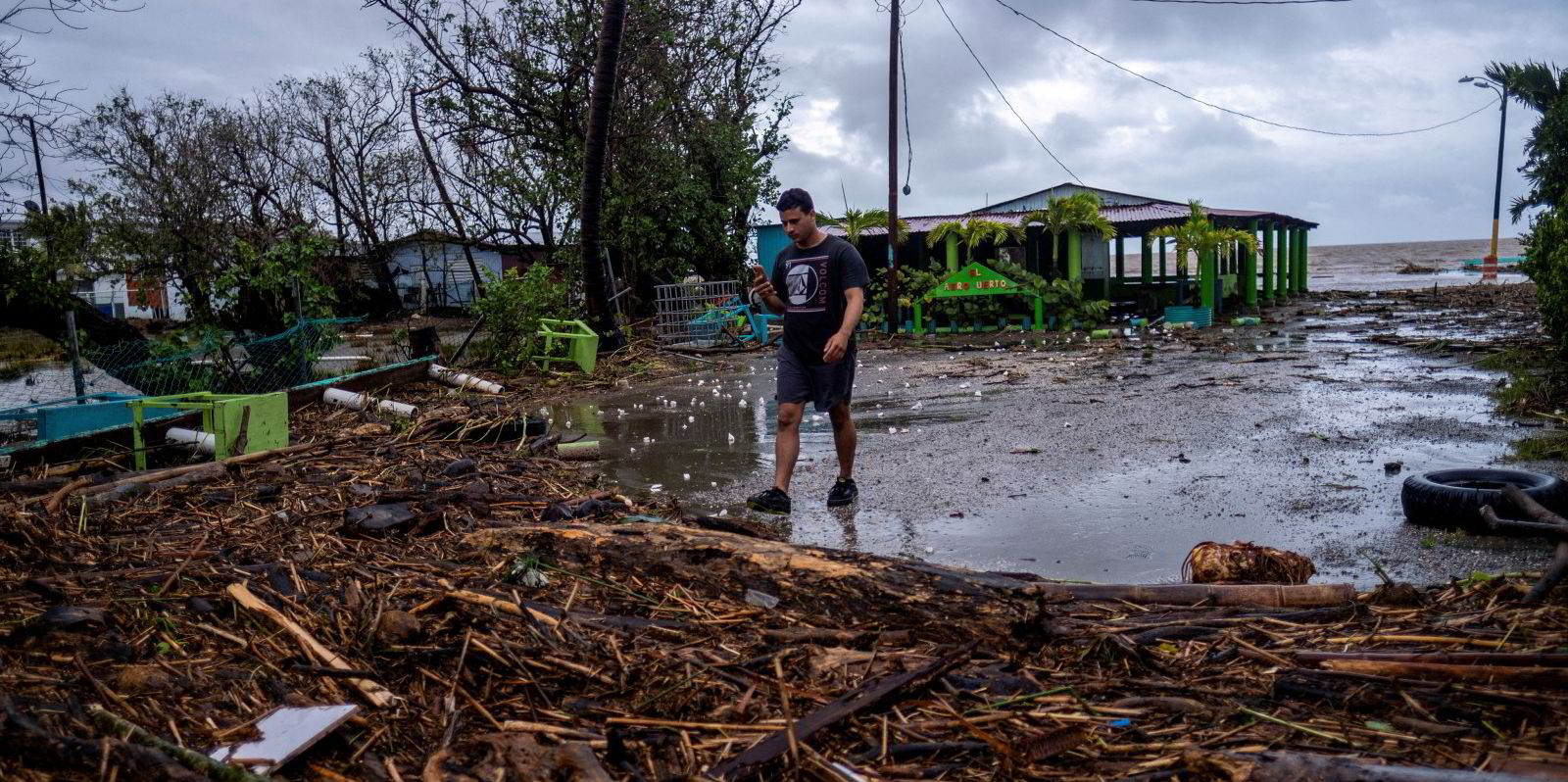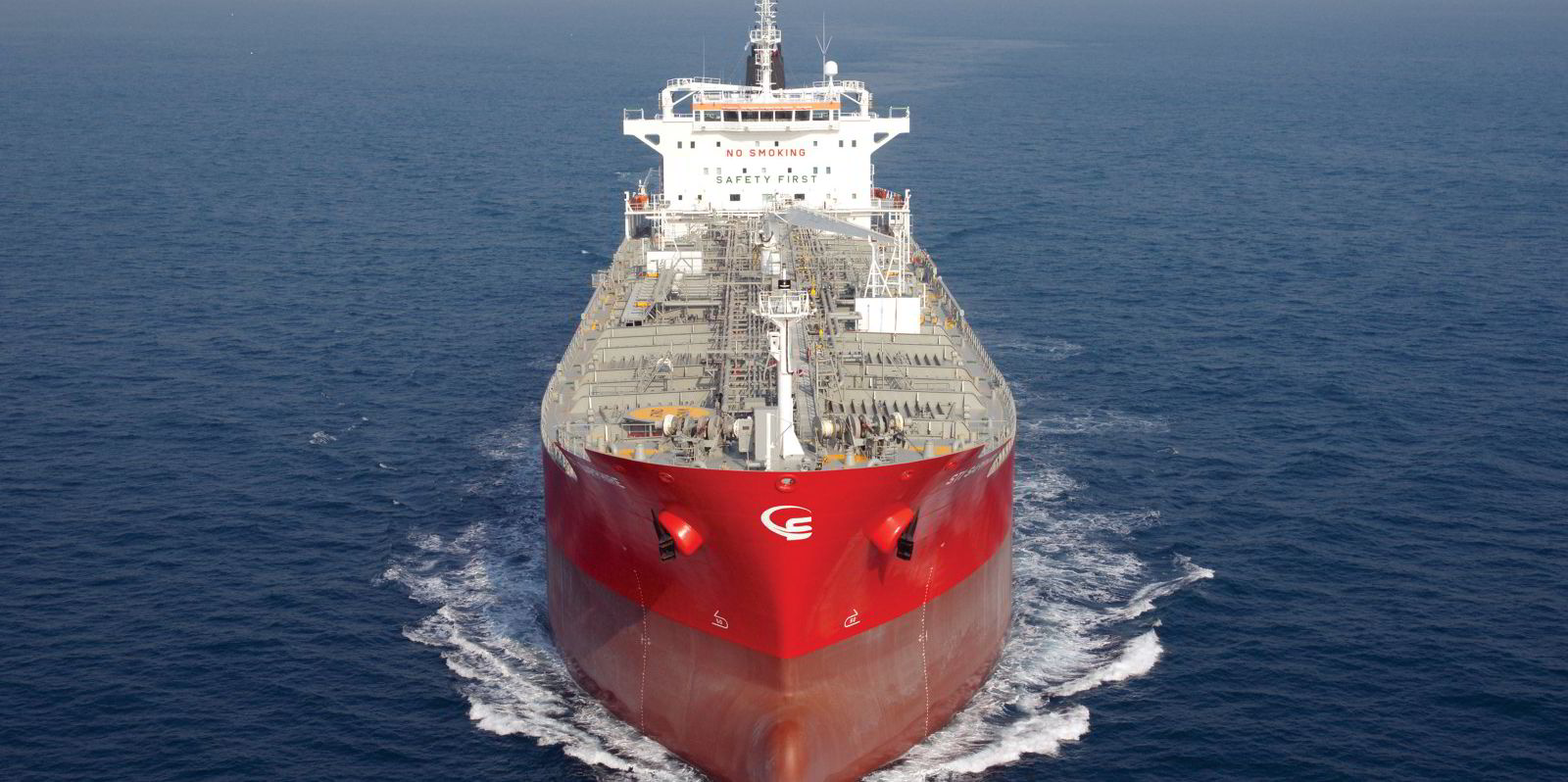US president Joe Biden has been urged to let a UK tanker dock in Puerto Rico after Hurricane Fiona ravaged the island.
Hayfin Capital’s 50,000-dwt MR ship GH Parks (built 2009) vessel is idling off the coast with a 300,000-barrel diesel cargo, but is not allowed in due to Jones Act restrictions on overseas-flagged ships.
Puerto Rico wants Biden to waive the Act in this case.
Hundreds of thousands of people on the island remain without power following flooding, but labour unions oppose any waiver.
The governor of Puerto Rico, local activists and members of Congress have been putting pressure on the president to act.
He has so far not granted permission to dock, prompting fears the tanker could leave.
The Marshall Islands-flag ship, operated by Hayfin’s Greenheart Management, has been chartered by Puerto Rico distributor Peerless Oil & Chemical.
The Puerto Rican government told CBS News that it believed BP was connected to the diesel shipment. BP has not commented.
The UK oil major chartered the vessel for six months plus options last year.
White House officials told the Washington Post the Biden administration did not have the authority to suspend the Jones Act in Puerto Rico.
A Biden official added that for one-off requests like the one for the GH Parks, the Department of Homeland Security aims to complete the review process and provide a response within two days.
Waiver requests must show that the items being shipped are necessary for the national defence and cannot be otherwise obtained by US-flagged vessels, the newspaper reported.
The Grassroot Institute of Hawaii backed the calls for a waiver.
‘Humanitarian necessity’
Keli‘i Akina, its chief executive, said: “A one-year waiver from the 102-year-old maritime law is a humanitarian necessity, important to relieving suffering and helping the 3m people of Puerto Rico rebuild and recover.”
Akina noted that the Jones Act is often heralded as a bulwark for the US maritime industry and critical to national security. But its effectiveness at achieving these goals is in serious dispute.
“If US security really does depend on a privately owned fleet, there must be a more equitable way to pay for such a policy,” Akina said.
“Asking the residents of Puerto Rico, Hawaii, Alaska, Guam and other areas dependent on ocean shipping to pay for a law that ostensibly benefits the entire country is simply unfair.”





